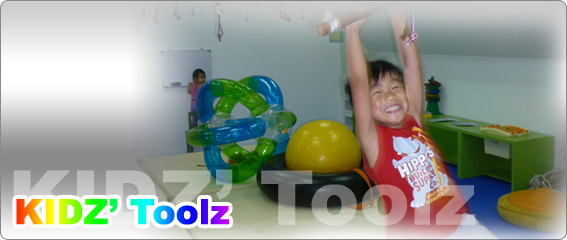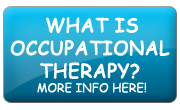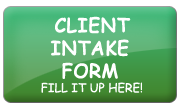Introduction
Proper neural development of oral movements and oral sensory function is vital for providing the foundation for good speech production and mature feeding patterns.
Thus, individuals with impaired oral sensory-motor skills often have difficulty with their speech and feeding as they do not have good awareness and control of their oral sensory-motor movements.
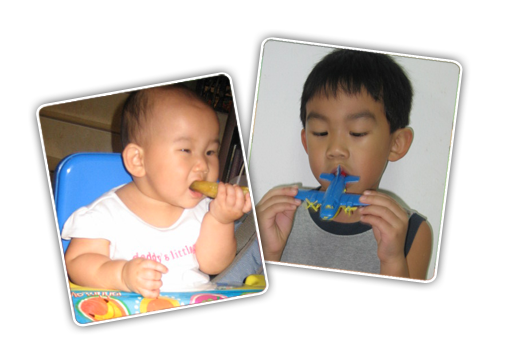
The focus of the Oral-Sensory Motor Program is to increase the awareness and volitional control of the various structures of our mouths, for better success in speech, as well as non-speech (eating, drinking, etc) activities.
The program begins by conducting an Oral Sensory Motor Screening to identify the areas that contribute to various oral sensory-motor issues for the child. Using the results from the Oral Sensory Motor Screening, we will provide intervention and compensatory strategies related to:
- Oral Sensitivity (based on these domains - Temperatures, Textures, Tastes) Hypersensitivity - Over-sensitive
- Hyposensitivity - Under-sensitive
Jaw Stability
Position of the jaw and presence/absence of stability or weakness during oral sensory-motor activities, such as chewing.
Lip Function
Position and action/movement of the lips during oral sensory-motor activities, such as drinking, sucking, chewing or blowing.
Tongue Function
Position and action/movement of the tongue during oral sensory-motor activities, such as chewing, drinking, sucking or blowing.
KIDZ Tools – Oral-Sensory Motor Program is a program that is developed to assist parents and teachers in understanding how to support children with feeding, speech (articulation) and sensitivity issues impacting one’s functional daily activities (i.e. sensitivity to tooth brushing).
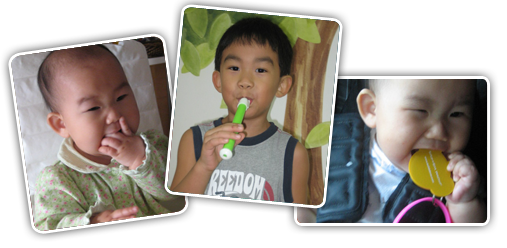
Utilizing a combination of theoretical constructs inclusive of oral motor therapy and sensory integration therapy, this program focuses on both the sensory and motor prerequisites to successful feeding and speech related issues.
Assessment and intervention implications are looked at with specific targeted goals delineated to assist with helping develop the important motor and sensory components needed at the foundational level. Compensatory strategies and accommodations are also given to assist with the problem areas here and now while the “process” of intervention helps with development.
Who would benefit from the Oral-Sensory Motor Program?
Individuals who present with issues in:
- Over or under sensitivity in oral cavity impacting daily routines (aversion to tooth brushing)
- Inability to suck from a straw
- Inability to blow
- Inability to handle certain tastes, temperatures and textures of food
- Inability to handle mixed textures in meal
- Drooling
- Poor articulation
Program Objectives
For the Child:
- Provides a variety of oral sensory-motor experiences in an enjoyable and fun manner.
- Improve speech development such as speech articulation.
- Be more receptive towards novel oral sensory-motor activities/components, such as trying out new food types/textures.
- Improving the child's eating habits and/or nutritional status.
- Address oral issues such as drooling and excessive 'mouthing'.
For the Caregivers:
- Understand and observe normal and abnormal oral sensory-motor function[s].
- Understand the oral sensory profile of the child that affects speech and feeding patterns.
- Perform facilitation techniques to normalize intra-oral sensitivities and awareness.
- Be equipped to address common oral issues.
